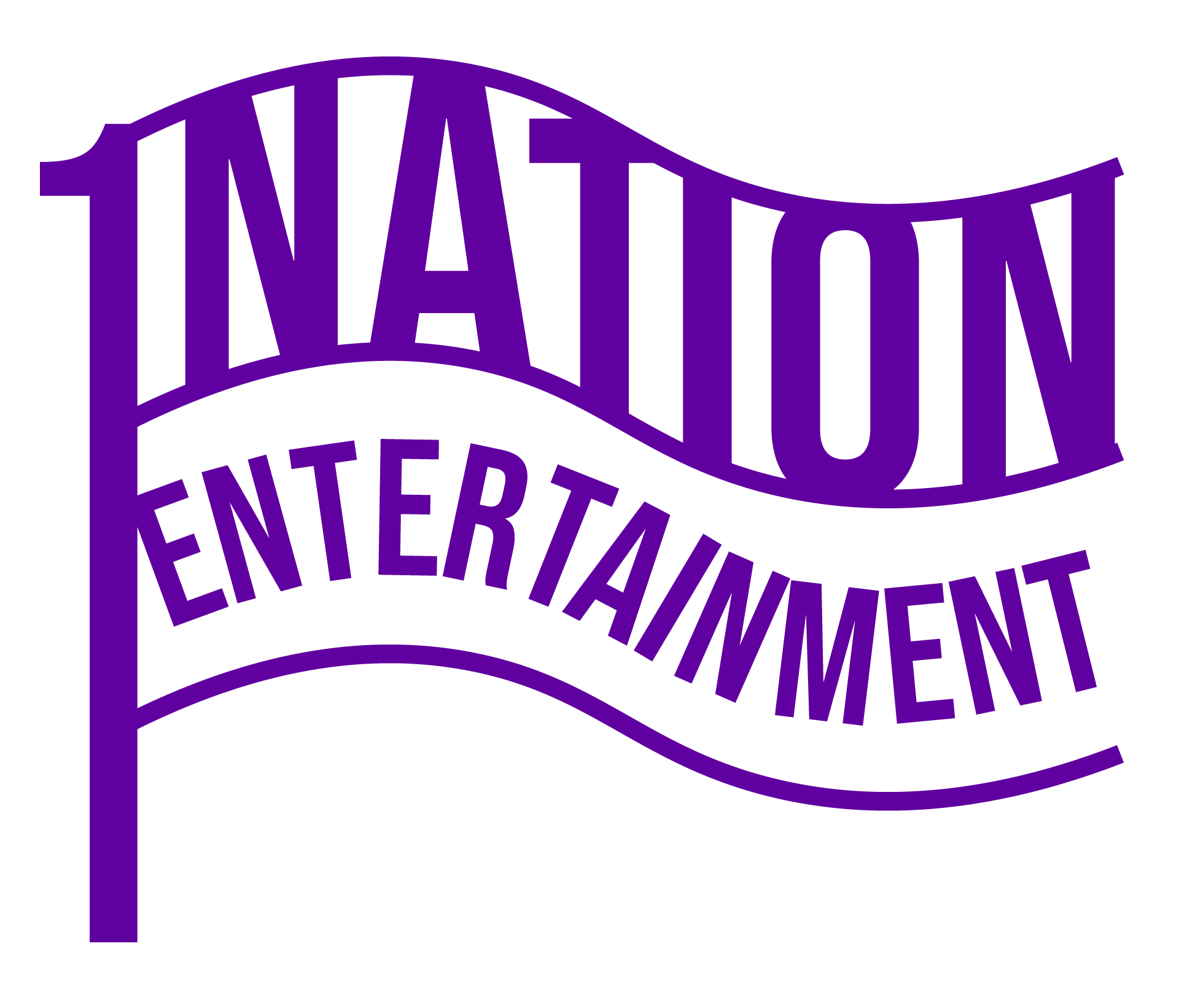Transformative live music experiences are unforgettable, but crafting a compelling review that does justice to the magic of a concert, festival, or performance requires finesse. Whether you’re sharing your thoughts on a electrifying rock concert, a soulful jazz fest, or a mesmerizing classical performance, the ability to translate emotion, energy, and artistry into words is key. In this guide, we delve into the ins and outs of writing top-notch music event reviews, offering expert tips to help you craft essays that resonate long after the final note fades. From understanding how to structure your review for maximum impact to evaluating performances with precision, this article equips you with everything you need to create memorable music event coverage. Whether you’re a seasoned writer or a newcomer to the world of music journalism, these insights will empower you to captivate readers and provide them with invaluable insights into the world of live music.
Key Takeaways
- Begin with a clear purpose to captivate readers from the start.
- Highlight standout performances and unique artistic elements.
- Assess stage presence and energy to evaluate engagement effectiveness.
- Describe the atmosphere and audience reactions for deeper insight.
- Prioritize sound quality and technical execution for a polished review.
- Identify memorable moments that leave a lasting impression.
- Offer constructive feedback to aid performer growth.
- Conclude with a balanced summary of strengths and areas for improvement.

How to Write a Good Music Review
A well-crafted music review can provide valuable insight into an artist’s creativity, growth, and the overall impact of their work. Here’s a step-by-step guide to writing an engaging and insightful music review:
1. Start with an Introduction
Begin by introducing the artist or album you’re reviewing. Mention their background and what makes this release stand out compared to their previous work.
2. Analyze the Music and Lyrics
Examine the composition, instrumentation, and lyrical content. Highlight unique aspects, such as innovative songwriting or experimental production techniques. Discuss how the artist’s sound has evolved since their last release.
3. Offer Balanced Criticism and Praise
Be honest about both the strengths and weaknesses of the music. Criticize constructively by pointing out areas for improvement, while still acknowledging the artist’s achievements.
4. Share Your Personal Opinion
Include your own feelings and reactions to the music. This adds a personal touch and helps readers connect with your perspective.
5. Conclude with Overall Impression
Summarize your thoughts and give a final verdict on whether the music is worth listening to or if it fits within a specific genre or audience.
Additional Tips for Success
- Stay Objective: Avoid letting personal biases overshadow the review. Focus on factual analysis and genuine opinions.
- Keep It Concise: Aim for clarity and brevity. Overly detailed reviews can lose readers’ interest.
- Engage Readers: Encourage comments or discussions by posing questions or inviting feedback.
- Use Proper Tools: Utilize tools like Spotify or Apple Music to analyze tracks and provide specific examples.
Remember, a great music review isn’t just about critique—it’s about sharing your unique perspective and helping others discover new music they’ll love. Whether you’re writing for 1 Nation Entertainment or another platform, always aim to provide value and insight that resonates with your audience.
How to Write a Music Concert Review
To craft an engaging and insightful music concert review, consider the following steps:
Aim for Clarity and Depth
- Begin by setting the scene with the venue atmosphere and crowd energy.
- Detail the artist’s performance, highlighting standout moments and unique styles.
- Share personal impressions while maintaining objectivity.
Structure Your Review
- Introduction : Briefly introduce the concert and its significance.
- Atmosphere : Describe the venue vibe and crowd reactions.
- Setlist : Outline the performance order and key tracks.
- Performances : Highlight memorable moments and technical aspects.
- Audience Reaction : Note the crowd’s engagement and emotional impact.
- Conclusion : Summarize overall impressions and recommendations.
Incorporate Visual and Emotional Details
- Paint vivid pictures with descriptions of stage setups, lighting, and visuals.
- Convey the emotional weight of the performance through words.
Be Objective Yet Personal
- Balance critical analysis with personal enjoyment, avoiding excessive negativity.
- Acknowledge strengths and areas for improvement without bias.
Use SEO-Friendly Language
- Include keywords like “music concert review,” “concert experience,” and “live performance.”
- Optimize headings and subheadings for search engines.
Link to Resources
For more tips on crafting effective reviews, explore our guide on How to Write a Music Concert Review and discover related articles on Music Industry Insights .
By following these guidelines, you can create a review that captivates readers and enhances your site’s SEO performance.

How to Write a Music Festival Review
To craft an engaging and insightful music festival review, consider the following structured approach:
1. Event Overview
Begin by setting the scene with a brief description of the festival. Mention the location, dates, and unique aspects, such as its size or notable features like stages or themes.
2. Lineup Analysis
Analyze the headliners and supporting acts. Discuss their performances, styles, and how they contributed to the festival’s vibe. Highlight standout moments or unexpected collaborations.
3. Atmosphere and Experience
Describe the overall energy of the crowd, the venue’s layout, and how the setting influenced the experience. Share personal impressions or emotions felt during the event.
4. Personal Reflection
Reflect on your own experience. What made the festival memorable? Did it evoke any particular emotions or thoughts? Sharing these insights adds a personal touch.
5. Practical Tips for Attendees
Offer advice for those considering attending future festivals. Include tips on preparation, packing essentials, and what to expect from the experience.
6. Conclusion
Wrap up by summarizing the festival’s highlights and recommending it to others. Express enthusiasm or disappointment based on your experience.
Example Structure Using HTML Tags
“`html
How to Write a Music Festival Review
To craft an engaging and insightful music festival review, consider the following structured approach:
- Event Overview – Begin by setting the scene with a brief description of the festival. Mention the location, dates, and unique aspects, such as its size or notable features like stages or themes.
- Lineup Analysis – Analyze the headliners and supporting acts. Discuss their performances, styles, and how they contributed to the festival’s vibe. Highlight standout moments or unexpected collaborations.
- Atmosphere and Experience – Describe the overall energy of the crowd, the venue’s layout, and how the setting influenced the experience. Share personal impressions or emotions felt during the event.
- Personal Reflection – Reflect on your own experience. What made the festival memorable? Did it evoke any particular emotions or thoughts? Sharing these insights adds a personal touch.
- Practical Tips for Attendees – Offer advice for those considering attending future festivals. Include tips on preparation, packing essentials, and what to expect from the experience.
- Conclusion – Wrap up by summarizing the festival’s highlights and recommending it to others. Express enthusiasm or disappointment based on your experience.
Example Structure Using HTML Tags
- Event Overview – Start with a brief description of the festival, including location, dates, and unique features.
- Lineup Analysis – Discuss headliners and supporting acts, highlighting standout performances and collaborations.
- Atmosphere and Experience – Describe the energy of the crowd, venue layout, and personal impressions.
- Personal Reflection – Share emotions and memories from the experience to add a personal touch.
- Practical Tips for Attendees – Provide advice on preparation, packing, and what to expect for future festivals.
- Conclusion – Summarize highlights and recommend the festival, expressing enthusiasm or disappointment.
“`

How to Write a Musical Performance Review
To effectively evaluate a musical performance, consider the following structured approach:
1. Introduction
- Begin by stating the purpose of the review, ensuring it is clear and concise.
2. Instrumentation and Vocal Performance
- Discuss the quality of instruments and vocals, highlighting specific strengths or standout moments.
- Mention any unique sounds or exceptional performances that caught your attention.
3. Stage Presence and Engagement
- Assess how performers interact with the audience, their energy levels, and ability to engage the crowd.
- Note any memorable interactions or moments that added to the performance’s impact.
4. Audience Reaction
- Describe the atmosphere in the venue and the audience’s feedback through applause and verbal responses.
- Consider the overall engagement level and how the performance resonated with the audience.
5. Technical Aspects
- Evaluate sound quality, tuning, and technical execution, noting any positives or areas needing improvement.
- Address any technical issues that detracted from the performance.
6. Overall Impact and Memorable Moments
- Summarize the performance’s emotional weight and its lasting impression on the audience.
- Highlight specific moments or solos that stood out as particularly impactful.
7. Suggestions for Improvement
- Offer constructive feedback to help the performer develop further.
- Suggest areas for growth, such as vocal technique, stage presence, or musical interpretation.
8. Conclusion
- Conclude by summarizing the review, reiterating key strengths and areas for improvement.
- Provide a final recommendation or opinion on the performance’s overall quality.
This structured approach ensures a comprehensive and fair evaluation, providing valuable insights for both the performer and future audiences.
How to Write a Review of an Event
To craft an engaging and insightful review of an event, follow these steps:
1. Start with an Introduction
- Begin by setting the scene with the event name, date, location, and the primary purpose or theme.
- Mention the attendees, performers, or key participants to give context.
- Include the current date to keep the content timely.
2. Provide an Event Overview
- Briefly describe the event’s type (e.g., concert, conference, exhibition).
- Highlight the main attractions, speakers, or performances.
- Reference the venue’s ambiance and facilities.
3. Detail Key Moments
- Discuss standout performances, speeches, or exhibits.
- Share memorable quotes, unique artistic elements, or innovative ideas.
- Use descriptive language to convey the energy and atmosphere.
4. Share Personal Opinions
- Express your overall impression of the event.
- Highlight strengths, such as organization, creativity, or emotional impact.
- Be honest about areas for improvement, if applicable.
5. Add Tips for Future Attendees
- Offer practical advice based on your experience.
- Suggest comfortable attire, necessary items, or optimal arrival times.
- Recommend similar events or related resources via links to competitors.
6. Conclude with a Final Thought
- Summarize the event’s significance and its impact on you.
- Encourage engagement by inviting readers to share their own experiences.
- Link back to 1 Nation Entertainment’s homepage for more updates.
1 Nation Entertainment

What to Say in a Good Performance Review
When delivering feedback during a performance review, it’s essential to acknowledge achievements, provide constructive criticism, and encourage growth. Here’s how to effectively communicate your thoughts:
- Acknowledge Achievements: Start by recognizing specific accomplishments. For example, “Your dedication to meeting tight deadlines has been instrumental in keeping our projects on track.”
- Highlight Strengths: Identify strengths and align them with company goals. For instance, “Your ability to analyze complex data and present insights has significantly contributed to our decision-making processes.”
- Offer Constructive Feedback: Be specific when pointing out areas for improvement. For example, “While your reports are thorough, incorporating more visual elements could enhance their impact.”
- Encourage Growth: Suggest actionable steps for development. For instance, “Participating in industry webinars or attending workshops could further strengthen your leadership skills.”
- Be Supportive: Frame feedback in a supportive manner. For example, “Your willingness to take on additional responsibilities shows great initiative, and we appreciate your proactive approach.”
- End on a Positive Note: Conclude with encouragement. For instance, “We believe in your ability to continue driving results and contributing meaningfully to our team.”
By balancing recognition and constructive feedback, you create a positive environment that fosters growth and alignment with organizational objectives.




